
Stolen Valor
Understanding Stolen Valor
The term "Stolen Valor" refers to the act of falsely claiming military honors or service. This phenomenon can be particularly disheartening, as it undermines the sacrifices made by genuine service members. To combat this issue, the U.S. government has implemented laws aimed at protecting the integrity of military awards and ensuring that those who have truly served receive the recognition they deserve.
The Stolen Valor Act of 2005
Passed in 2005, the original Stolen Valor Act made it a federal misdemeanor to falsely represent oneself as having received any U.S. military decoration or medal. This legislation was a necessary step to address the growing concern over individuals misrepresenting their military service for personal gain.
Impact of the 2005 Act
While the Stolen Valor Act of 2005 proved effective in uncovering instances of fraud, it also highlighted a more significant issue: the risk of overshadowing the true heroes who earned prestigious awards like the Silver Star or the Purple Heart. The act was a way to honor those who genuinely served, ensuring that their sacrifices were not forgotten.
Revisions in 2013
Recognizing the need for stronger measures, lawmakers revised the original statute in 2013. The Stolen Valor Act of 2013 amended the federal criminal code to make it illegal for individuals to claim military service, embellish their rank, or fraudulently assert they received a valor award with the intent of obtaining money, property, or other tangible benefits. This revision aimed to close loopholes and provide a more robust framework for prosecuting offenders.
Why Does Stolen Valor Matter?
The implications of Stolen Valor extend beyond mere legalities. It touches on the core values of respect and honor within society. When someone falsely claims military accolades, it not only diminishes the achievements of real veterans but can also lead to a societal misunderstanding of what it means to serve. This can create a rift between those who have served and those who have not, leading to a lack of appreciation for the sacrifices made by real service members.
How to Identify Stolen Valor
Identifying instances of Stolen Valor can sometimes be tricky, but there are a few signs to look out for:
- Inconsistent Stories: If someone's military background seems to change frequently or lacks detail, it could be a red flag.
- Unverifiable Claims: Many military awards and decorations can be verified through official channels. If someone cannot provide proof, it may be worth investigating further.
- Behavior in Military Settings: Genuine veterans often have a sense of camaraderie and respect for their service. If someone seems overly boastful or dismissive of real veterans, it could indicate dishonesty.
- Online Presence: Many individuals who engage in Stolen Valor may have a significant online presence. A quick search can sometimes reveal inconsistencies in their claims.
Conclusion
Stolen Valor is an issue that affects not only the military community but society as a whole. By understanding the laws surrounding it and being vigilant about recognizing fraudulent claims, we can help ensure that the integrity of military honors is upheld. It’s essential to honor those who have genuinely served and to foster a culture of respect and appreciation for their sacrifices. 🏅
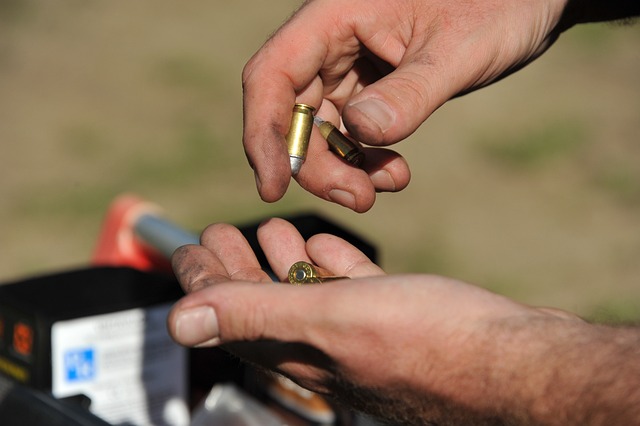
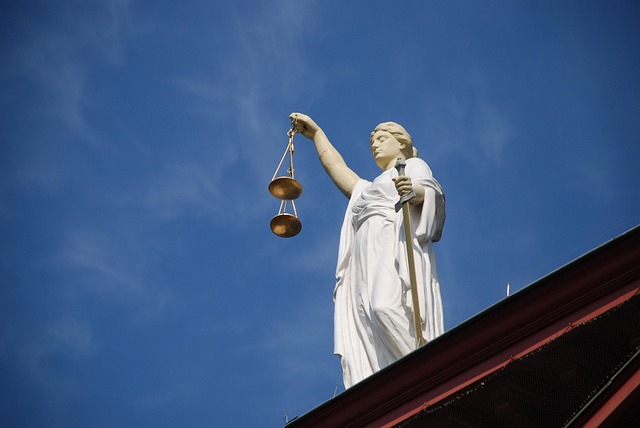




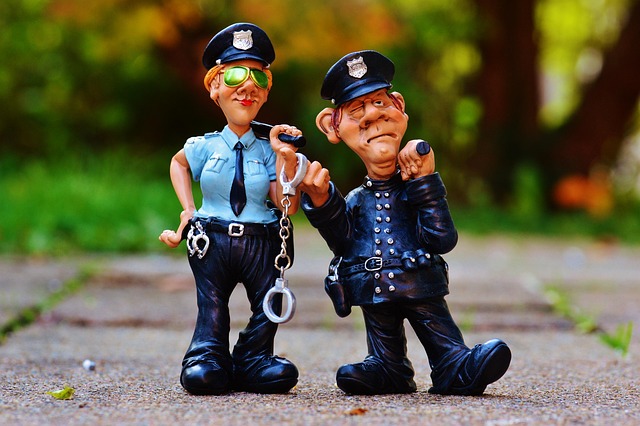
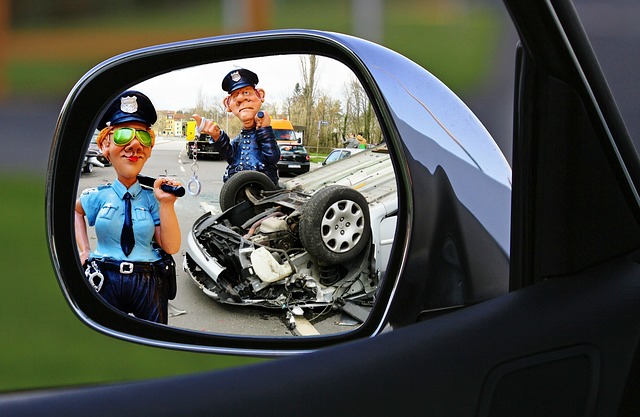



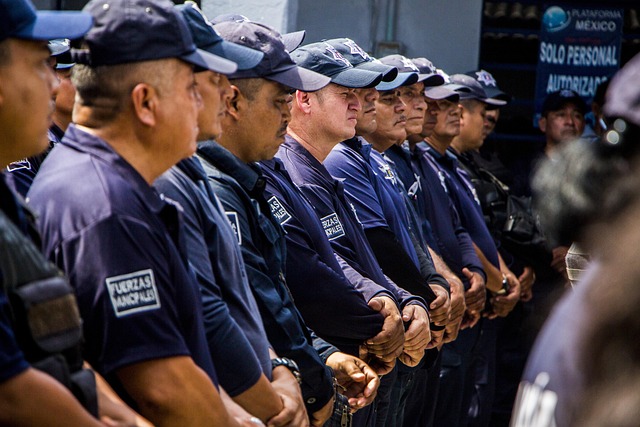


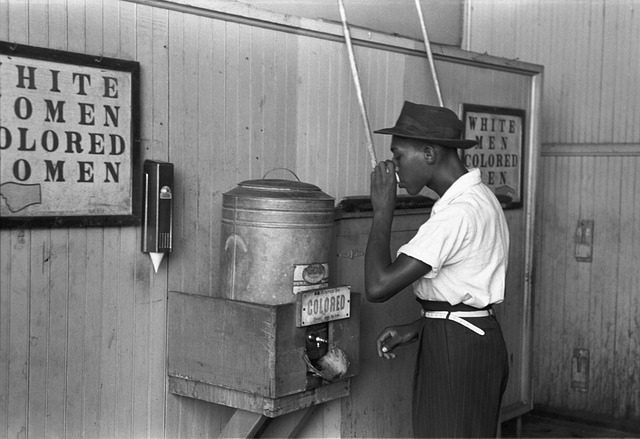
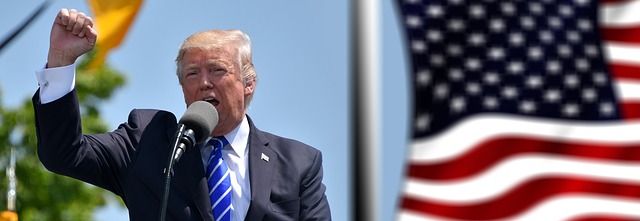

 Overview of the Bahrain Defence Force
Overview of the Bahrain Defence Force 
 Health
Health  Fitness
Fitness  Lifestyle
Lifestyle  Tech
Tech  Travel
Travel  Food
Food  Education
Education  Parenting
Parenting  Career & Work
Career & Work  Hobbies
Hobbies  Wellness
Wellness  Beauty
Beauty  Cars
Cars  Art
Art  Science
Science  Culture
Culture  Books
Books  Music
Music  Movies
Movies  Gaming
Gaming  Sports
Sports  Nature
Nature  Home & Garden
Home & Garden  Business & Finance
Business & Finance  Relationships
Relationships  Pets
Pets  Shopping
Shopping  Mindset & Inspiration
Mindset & Inspiration  Environment
Environment  Gadgets
Gadgets  Politics
Politics 